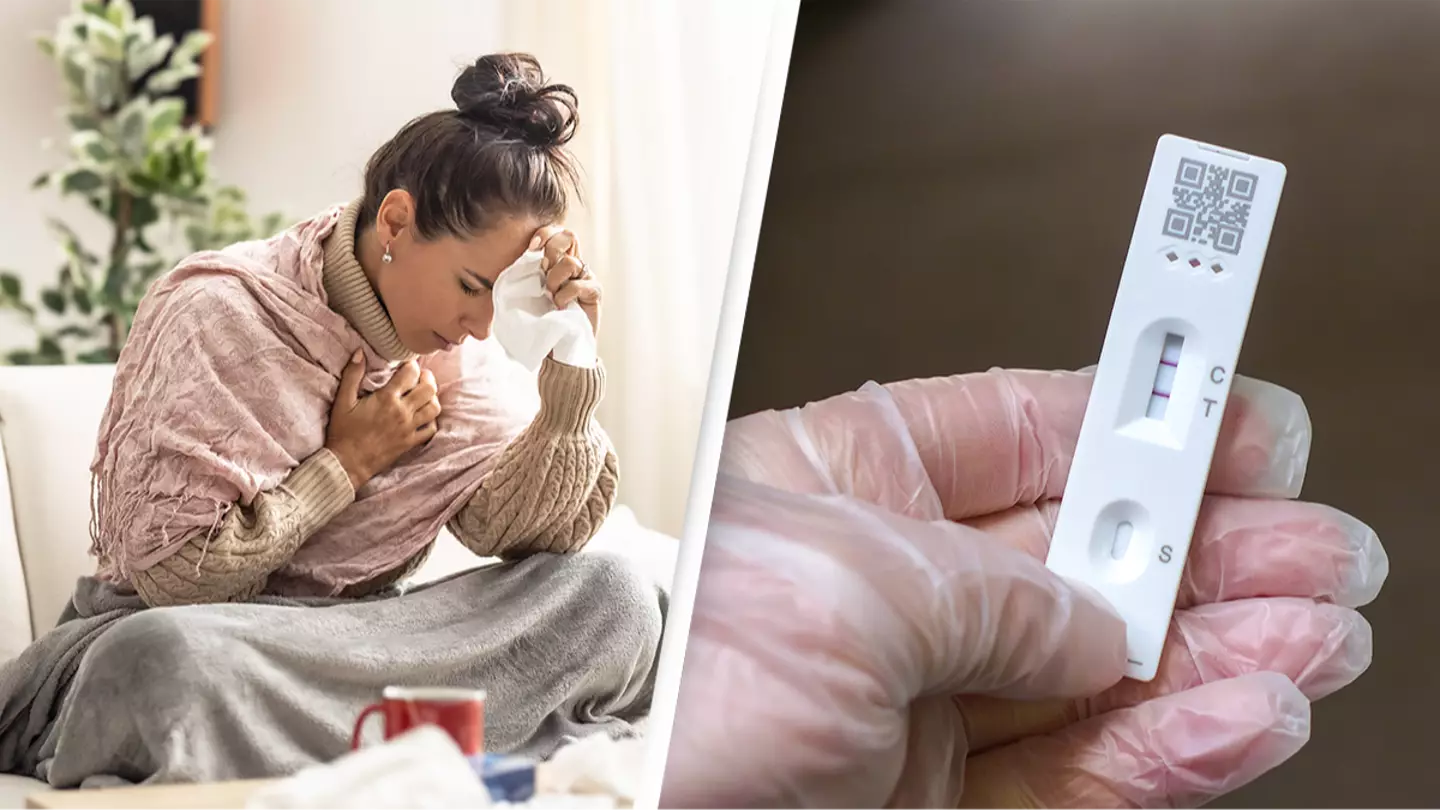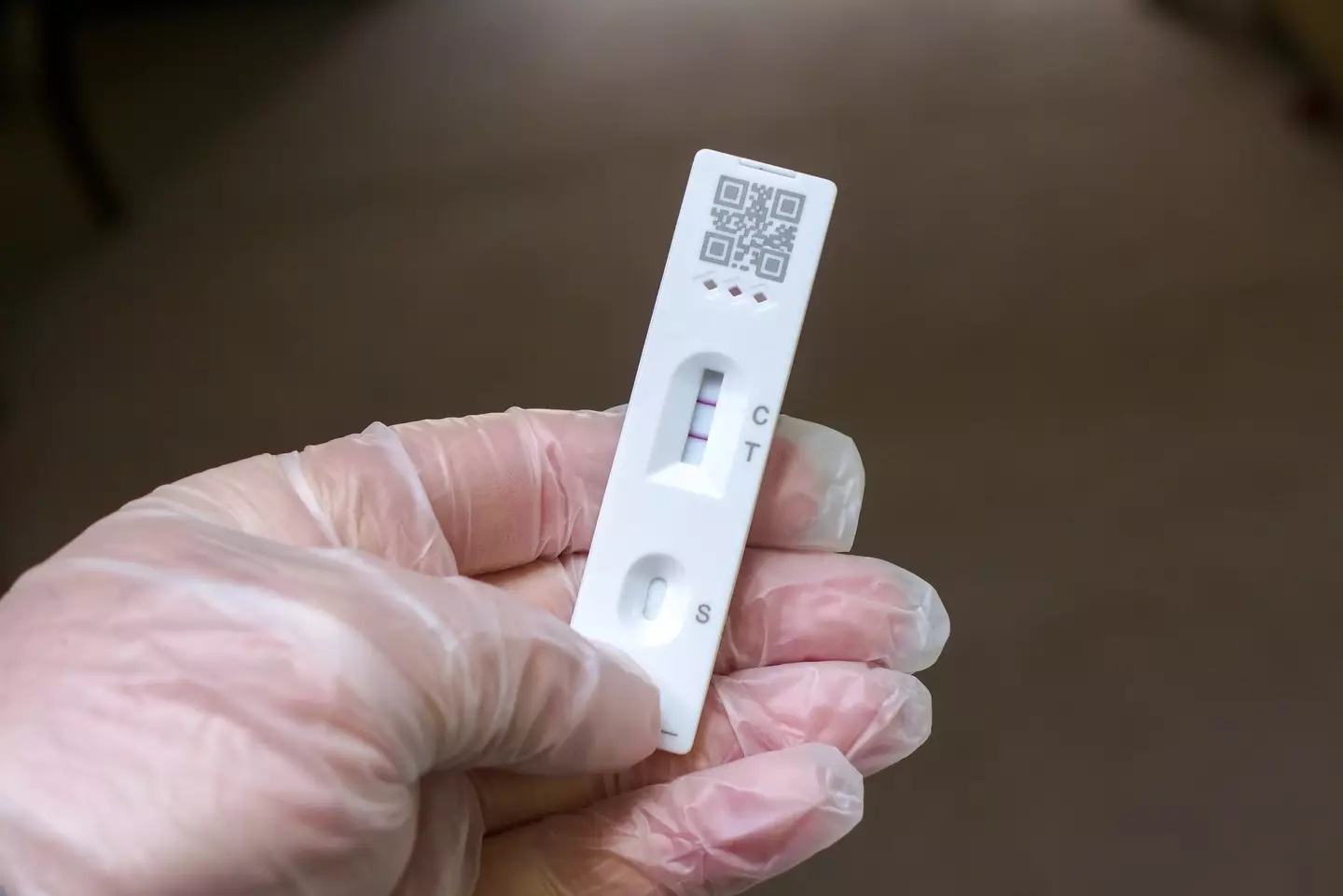
Thankfully, COVID-19 isn’t as life-changing for most people as it seemed back in 2020, but there are still a lot of unanswered questions when it comes to the virus.
2020 was certainly a scary year for many people across the world as we dealt with the covid-19 pandemic, lockdowns and uncertainty.
However, scientists have continued to make headway in understanding the coronavirus, ultimately meaning countries around the world were able to produce vaccines to combat its impact and its spread.
With that being said, research into Covid still continues, and scientists involved in a recent study have found that in some patients, signs of the infection can still be found years after seemingly recovering.
Advert
While many across the world got Covid and quickly recovered or went symptomless, others faced a debilitating time dealing with long-covid.
A new study followed 24 Covid patients over a period of up to 900 days has revealed T cells may be a larger factor in the disease than previously thought.
T cells are a type of white blood cell that are part of the immune system and develop from stem cells in the bone marrow. They ultimately help protect the body from infection.
In June last month a separate study from Imperial College London hinted that targeted T cell therapies could be used to fight against long covid.
The team behind the study was set up in 2020 and has been following the behavior of T cells in the body after infection.

Professor of Immunology at Imperial College London Danny Altmann, who was not involved in the study, explained that T cells were being found in high concentrations in certain location in the body after infection.
Speaking on the study he said: “[It] is a novel approach […] that allows them to map activated T cells in the body.
“They find patterns of long-term T cell activation that may help to explain patterns of Long Covid symptoms.
“For example, people with respiratory symptoms showed long-term homing of activated T cells to the lung.”

Other scans showed activated T cells swarming to the gut wall, prompting the team to analyze gut biopsies. Again, they found the presence of COVID-19 RNA – a “long-term virus reservoir.”
While this is a step forward, according to the scientists, it is not exactly a slam dunk as it isn’t clear what the T cells are reacting to, whether they are responding to remnants of the infection or dealing with active particles.
Topics: Science, Coronavirus, Health